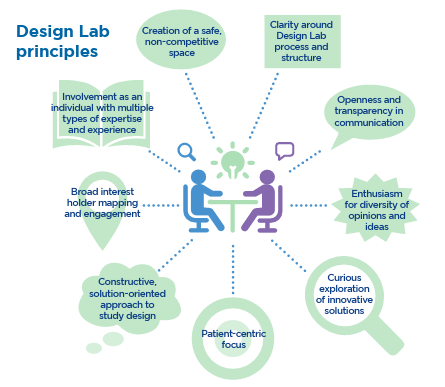Dr. Reagan is a Faculty Scientist II at MaineHealth Institute for Research (MHIR) in Scarborough, Maine, where she has had a faculty position since 2015. She received her Tufts CTSI appointment in 2016. After obtaining her BS in general engineering in 2006 from Harvey Mudd College in Claremont, California, Dr. Reagan pursued her PhD in biomedical engineering working with Dr. David Kaplan on tissue-engineering, breast cancer bone metastasis, and biomaterials at Tufts University. After graduating in 2011, Dr. Reagan accepted a post-doctoral research fellowship in the lab of Dr. Irene Ghobrial where she investigated multiple myeloma and myeloma-induced bone disease. The Reagan lab’s overarching research theme lies in understanding how the host bone microenvironment contributes to diseases such as cancer and the disruption of the metabolic equilibrium within the marrow. The Reagan lab is currently focused on elucidating mechanisms of bone marrow niche pathology, multiple myeloma bone marrow homing, myeloma-induced bone disease, and the roles of bone marrow and systemic adipocytes in various pathophysiologies. Dr. Reagan develops 3-D, tissue-engineered models to image and characterize cell-to-cell interactions and designs bone-targeted nanomedicines using carbon nanotubes and other biomaterials, to reduce off-target effects of pharmaceuticals. By exploring the connection between bone marrow fat cells, whole animal metabolism, and myeloma cells, Dr. Reagan’s lab aims to identify more efficacious anti-cancer treatments. Her vision is that her work will uncover less toxic, more effective treatments through the development of novel therapies, or repurposing of generic, safe, FDA-approved drugs, such as metformin and the anti-sclerostin antibodies. Her lab is on a path to elucidate novel ways in which bone marrow microenvironmental cells (e.g., adipocytes, osteoblasts, and osteocytes) interact with tumors to promote tumor growth, drug resistance, disease relapse, and tumor dormancy. Findings from this work will result in highly relevant clinical applications across a range of diseases.
Michaela Reagan, PhD
Associate Professor, Center for Molecular Medicine
Maine Medical Center Research Institute
Maine Medical Center Research Institute



